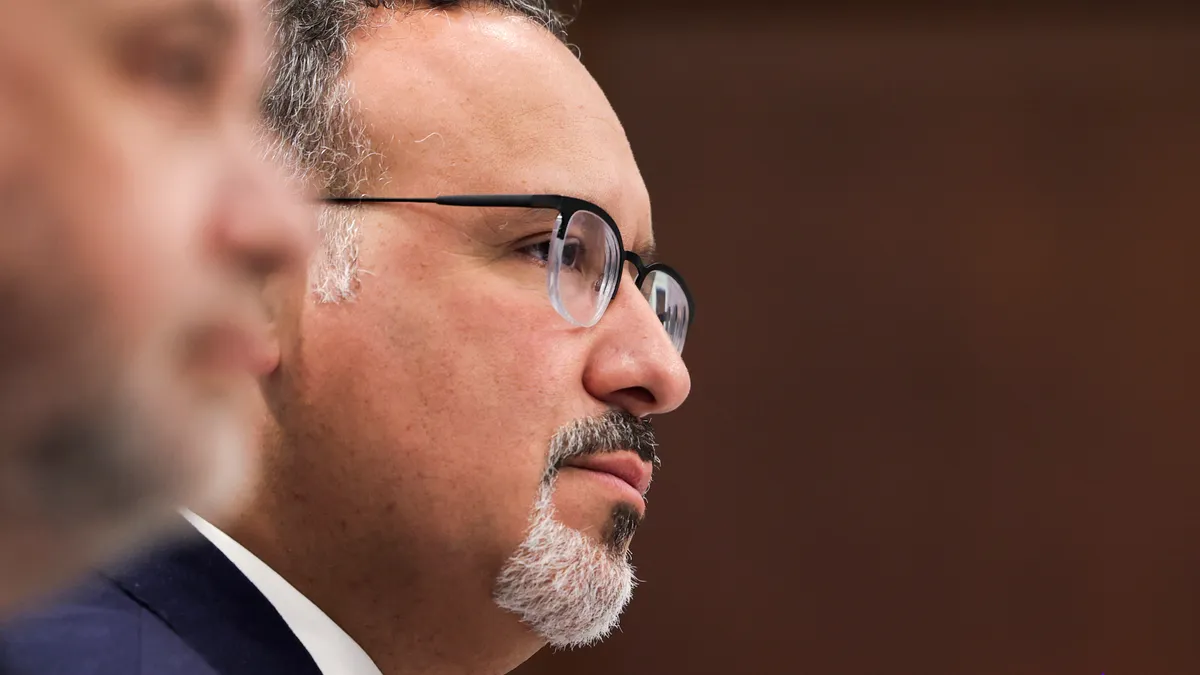Dive Brief:
- Employers and high school students both believe in the value of nondegree career pathways, but both groups still view those options as too risky to fully rely on them, according to a new report from Jobs for the Future, a nonprofit focused on workforce and education systems.
- The report, released in partnership with the student success nonprofit American Student Assistance, found that four out of five employers think companies should hire candidates based on skills, not degrees. Even so, 52% said they still hire from degree programs because they believe it's the less risky option.
- Among high schoolers, three in four want to focus on skills that prepare them for in-demand jobs. But 65% said they worry about choosing the wrong postsecondary pathway and 37% said they believe employers favor degrees.
Dive Insight:
Amid a tight labor market and a potential recession, employers and young adults are moving away from the idea that a nondegree or alternative credential is inherently worth less than a traditional college degree.
"We see a lot of appetite for something different," said Joel Vargas, vice president of programs at Jobs for the Future. "There's more openness than ever to different kinds of approaches."
Researchers interviewed and polled over 1,500 Gen Z students and 600 employers from January to March for the survey.
A majority of surveyed employers, 72%, said a degree is not a reliable signal of candidate quality. And 68% said companies should proactively hire candidates from nondegree pathways.
On the student side, high schoolers said they lacked the necessary guidance about the full range of post-graduation options to make an informed decision. Fewer than half of the students surveyed, 47%, felt they received enough information in high school to make the best personalized plan possible after graduation.
For colleges to get their attention, they need to make a more explicit connection between what they are offering and how that leads to a career, according to Vargas.
"It is hard to tell young people, especially in this economy, to delay earnings," Vargas said. "You can't tell them to sit in a classroom, learn some stuff, get a degree and then maybe go out into the job market. That's just not going to cut it anymore."
Four-year degrees that offer programs like internships and co-ops can allow students to learn in a classroom, gain work experience and even earn an income. The appeal of making money, at a time of economic uncertainty, is incredibly alluring to young people, Vargas said. Too many young people felt like they had to make a choice between attending college and pursuing college during the pandemic.
"But those are not necessarily jobs with career advancement prospects," he said.














